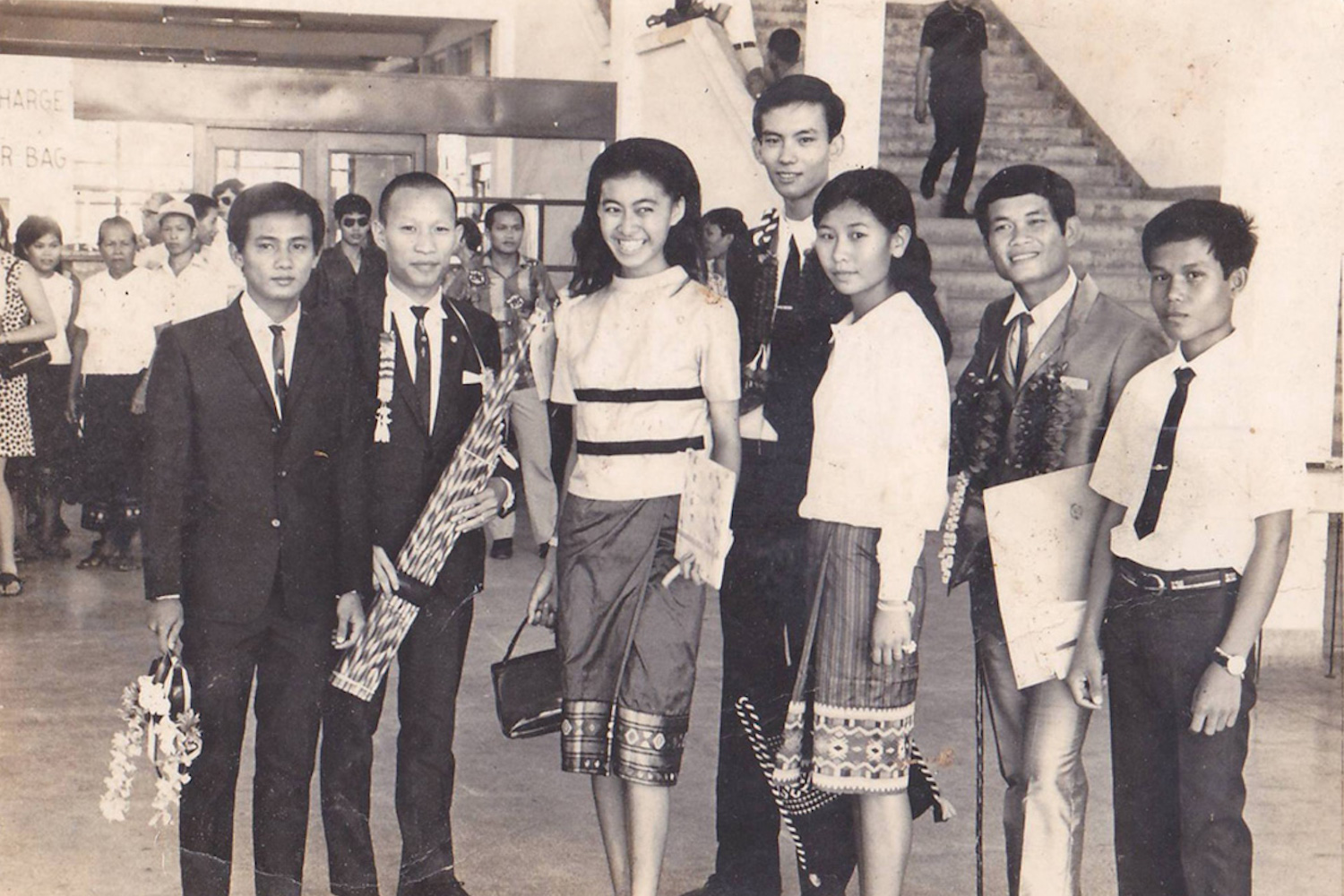 International Federation for Human Rights/Lao Movement for Human Rights (13 November 2014)
International Federation for Human Rights/Lao Movement for Human Rights (13 November 2014)
Paris, 14 November 2014: International donors should make their future aid commitments to Laos contingent upon the government’s tangible progress in addressing key human rights issues, FIDH and its member organization, the Lao Movement for Human Rights (LMHR), said in a letter to foreign embassies and major aid agencies in Vientiane on 13 November.
 On 14 November, Lao government officials and international donors gather in Vientiane for the 2014 Round Table Implementation Meeting. The event is designed for participants to review implementation of the country’s 7th National Socio-Economic Development Plan (2011-2015) as well as other issues discussed during the 11th High-Level Round Table Meeting in November 2013. Today’s meeting also provides an opportunity for the Lao government and international donors to share information and ideas regarding development policies and strategies.
On 14 November, Lao government officials and international donors gather in Vientiane for the 2014 Round Table Implementation Meeting. The event is designed for participants to review implementation of the country’s 7th National Socio-Economic Development Plan (2011-2015) as well as other issues discussed during the 11th High-Level Round Table Meeting in November 2013. Today’s meeting also provides an opportunity for the Lao government and international donors to share information and ideas regarding development policies and strategies.
In recent years, official development assistance (ODA) to Laos has steadily increased. ODA rose by 23% from US$630 million in the 2010-11 fiscal year to US$777 million in 2012-13. Regrettably, the commitment shown by foreign donors to improving the lives of the Lao people has not been matched by a similar willingness by the Lao government to promote and protect its people’s fundamental rights, FIDH and LMHR said in the letter.
“In Laos, a foreign aid bonanza has not translated into greater respect for human rights. The time has finally come for international donors to use their leverage and push the government to live up to its human rights commitments and obligations,” said FIDH President Karim Lahidji.
The Lao government’s failure to adequately investigate and attempt to solve most cases of enforced disappearances, including that of prominent civil society leader and human rights defender Sombath Somphone, remains an issue of serious concern. In addition, recently-enacted legislation adds to a body of existing repressive laws that severely restrict the people’s enjoyment of their civil and political rights. New regulations proposed by the government, if enacted, will negatively impact Lao people and adversely affect the operations of International Non-Government Organizations (INGOs) and Non-Profit Associations (NPAs).
FIDH and LMHR call on international donors to reconsider their allocation of ODA to Laos unless the government meets minimum benchmarks for progress. One of the key benchmarks is the disclosure of relevant information that makes it possible to determine the fate or whereabouts of Sombath Somphone and all other victims of enforced disappearances.
“International donors are a vital source of support for the Lao government. Donors must confront the fact that serious human rights violations exist and attempt to take positive steps to curb such abuses. Failure to demand that authorities address human rights issues will equate to complicity in serious abuses,” said LMHR President Vanida Thepsouvanh.

